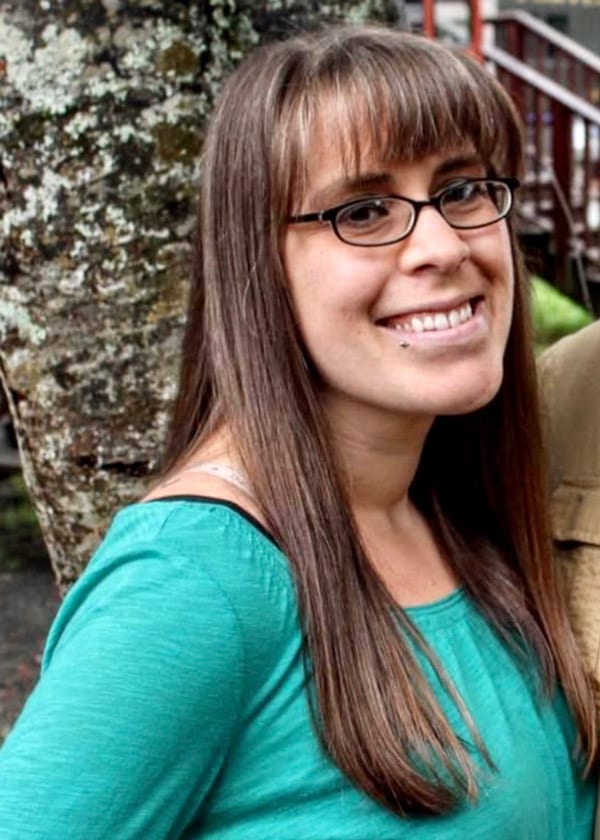What do you want to be when you grow up? We’re all asked this seemingly harmless question from a very young age. But the truth is this is such a loaded question. Most who ask this question are interested in what type of job we want to do or field we’d like to work in. However, the way most of us come to absorb this is with a strong focus on the word “be” – as though our entire identity is defined by our job, which also must become a lifelong career to be meaningful and give our life purpose. This immense pressure toward an acceptable career trajectory and expectation that we proceed with certainty and confidence at the onset of adulthood create debilitating and unnecessary anxiety and depression. These pressures can be particularly strong for young women who are often navigating compounding societal expectations and barriers related to career, marriage, and motherhood.
Working with young people in my mental health practice, I’ve come to refer to this emotional response as launch anxiety. While many young people have confidence in their post-high school plans, in my experience, more do not. They are still searching for themselves, building independent living skills, and most significantly, holding a deep sense of dread that their lives will never amount to anything if they fail to have it all figured out by the start of fall semester at a 4-year university. So, if most older teens and college students feel this way, how did we get here?
In my own life, I’ve explored many paths. As a small child, I wanted to be a professional wrestler. In middle school, I decided on pediatric oncology. By the middle of high school, it was nursing, and by senior year, I was going to double major in journalism and anthropology so I could travel the world writing for National Geographic. Instead, I ended up with a bachelor’s degree in History and Secondary Education. In my thirties, I work with trauma survivors and clients with emotional intensity issues as a Licensed Mental Health Counselor and Registered Yoga Teacher. I’ve also registered at two undergraduate universities, two community colleges, one graduate-level university program, and three yoga teacher training programs. I often share this information with clients when they get stuck in periods of existential crisis to show them that my path was not direct. And it continues to flow fluidly, my path changing as I grow. While I’d be lying if I said there hadn’t been periods of doubt and anxiety, I’ve had the fortune along the way to be given sound advice by a few great mentors who enabled me to examine my expectations, search for meaning, and take control of my own narrative. I’d like to pass this information on in the hopes it helps others.
You are not your khakis. (Fight Club, anyone? Side note, if you haven’t seen it, watch it. It’s a classic.) If someone asked you about yourself and you weren’t allowed to talk about your career and goals, how would you respond? What are your hobbies and interests? Human beings are so much more than the job they do, the position they hold, the uniform they wear. You are more than a potential degree or money in the bank. When I’m meeting new clients, rather than asking young people what they want to be when they grow up, I ask – What do you think would be fun or interesting to do or learn about after you graduate? What problem would you like to solve? Where do you think would be exciting to live?
It’s going to take me “x” amount of time to finish. So what? I was in a rigorous international program in high school where everyone seemed to be on the fast track to impressive careers. My former classmates hold positions at Ernst & Young, Johns Hopkins, Warner Bros., West Point. And here I was, a first-generation college student with mental health issues, changing my mind for what felt like the millionth time. Things fell apart my first year of college, and when I went back to see my high school mentor, I had a panic attack and tearfully expressed my fears that it would take me six years to finish my bachelor’s degree. His two-word reply shaped my path and the way I work with clients forever – “So what?” You get there when you get there, when you are able, and when you are meant to. Is the achievement diminished if you complete it slower than you planned? Absolutely not. What do they call the person who finishes last in her class in medical school? Doctor.
You can change your mind. As many times as necessary. I’m unsure whether statistics have changed since then, but we were taught in my undergraduate education classes that the average college student changes his or her major three times. As you read above, what I do today has absolutely nothing to do with anthropology or National Geographic. Society expects high school graduates to make commitments for their adult selves but the frontal lobe of the brain doesn’t complete development until our mid-twenties. In my graduate counseling program, I’d estimate about one-third of my cohort was pursuing their second career. Who we are and what feels meaningful to us changes as we evolve in this life. If how you are living no longer serves you, you can choose to go in a different direction.
So whether you are a parent, a high school student, or a young adult experiencing this launch anxiety for yourself, know that wherever you are – you are okay. You are just right. Explore your strengths and your hobbies. Take a gap year. Work with a counselor. Find your way to who you are, and how you would be best served to devote your time will become clear to you.
If you or someone you know experiences mental health issues, it is important to seek help from a qualified professional. Our Resource Specialist can help you find expert mental health resources to recover in your community. Contact us now for more information on this free service to our users.

Photo by Xan Griffin on Unsplash
The opinions and views expressed in any guest blog post do not necessarily reflect those of www.rtor.org or its sponsor, Laurel House, Inc. The author and www.rtor.org have no affiliations with any products or services mentioned in the article or linked to therein. Guest Authors may have affiliations to products mentioned or linked to in their author bios only.
Recommended for You
- The Truth about Relapse in Addiction Recovery - April 14, 2025
- The Power of Peer Support in Mental Health Recovery - April 10, 2025
- Artificial Intelligence in Anxiety Management: How AI Helps Users Cope with Anxiety Symptoms - April 3, 2025





